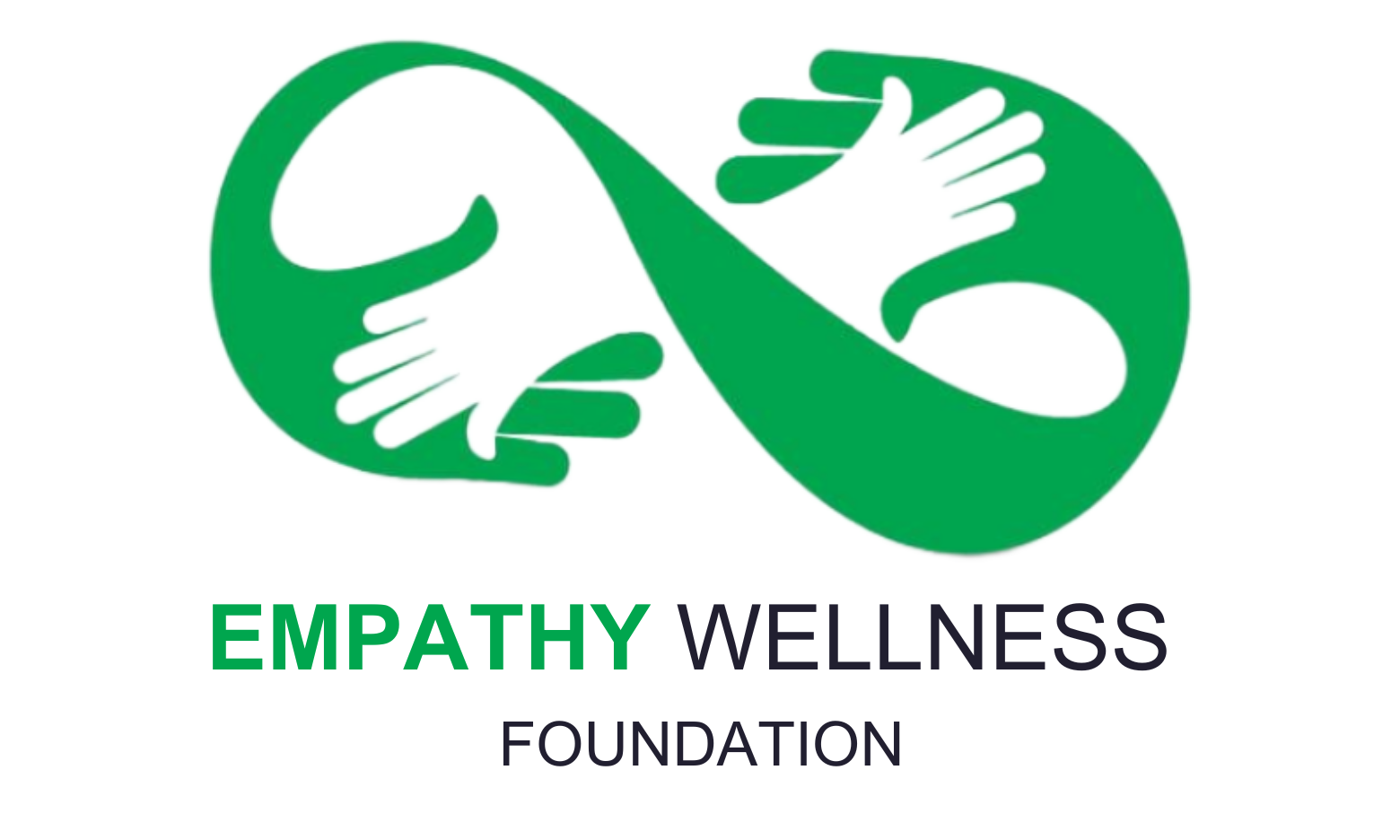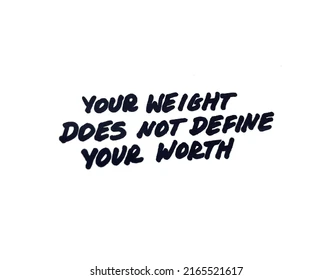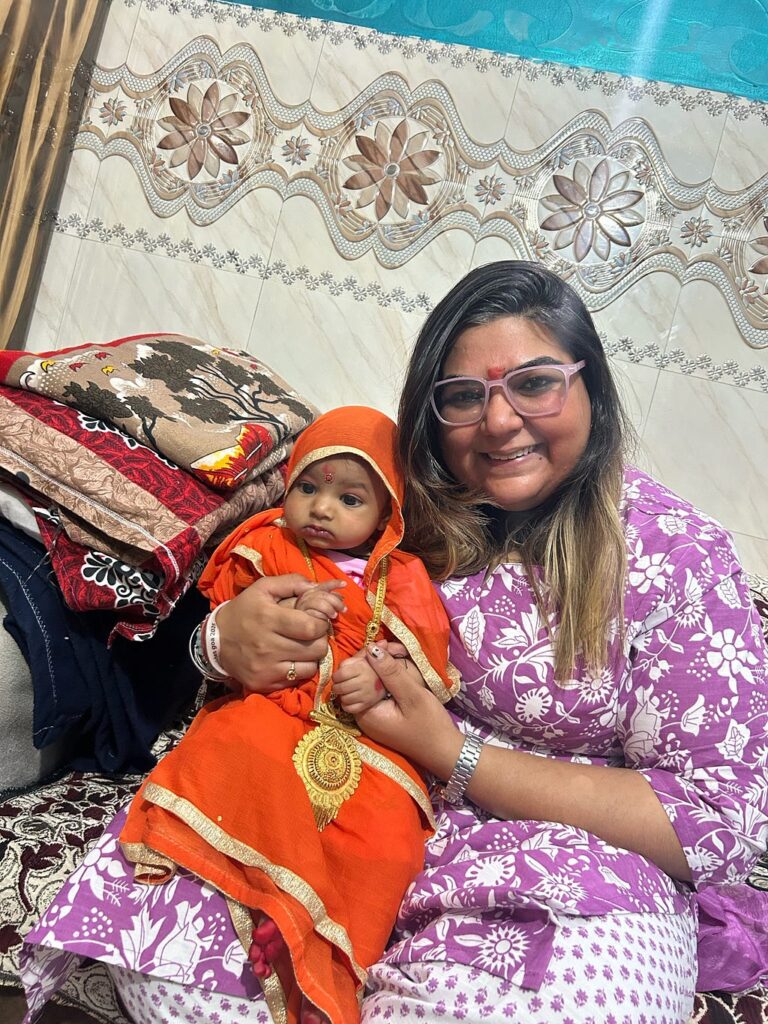Why Hiring People with Mental Health Conditions or Disabilities Isn’t Just the Right Thing—It’s the Smart Thing
Let’s start with a simple truth: everyone deserves a seat at the table.
And that includes people with mental health conditions or disabilities.
But in many workplaces, they’re still fighting to be seen—not just as capable, but as equals. Despite rising awareness, bias, fear, and outdated assumptions still shape hiring decisions. And it’s time we do better.
Because hiring people with mental health challenges or disabilities isn’t about charity.
It’s about talent. It’s about humanity. It’s about building a stronger, more inclusive future.
Breaking the Myths
Let’s clear up a few common misconceptions right away:
- “They’re less productive.” Not true. With the right environment and support, people with disabilities or mental health conditions are just as (and sometimes more) productive than their peers.
- They’ll need too many accommodations.” Most accommodations are simple and inexpensive—like flexible hours, noise-canceling headphones, or remote work options. What they really need is understanding.
- “They’re not a good cultural fit.” Maybe your culture needs to grow. Inclusion isn’t about fitting into outdated molds—it’s about expanding them.
The Value They Bring
People who live with mental health conditions or disabilities often bring a unique mix of resilience, creativity, empathy, and problem-solving. They’ve navigated systems that weren’t built for them. They’ve adapted, persevered, and overcome.
That kind of grit? You can’t teach it in a training session.
Hiring inclusively also:
- Increases diversity of thought
- Builds more empathetic teams
- Creates stronger employee loyalty
- Shows your company actually walks the talk when it comes to values
What an Inclusive Workplace Looks Like
You don’t need to overhaul everything overnight. But small, intentional steps matter.
- Make your job postings inclusive. Use clear, accessible language. Welcome candidates of all abilities.
- Train your hiring teams. Help them recognize unconscious bias and focus on potential, not just polish.
- Create flexibility. Offer remote options, mental health days, and a culture where people can ask for what they need—without shame.
- Listen to your employees. Inclusion is an ongoing conversation, not a one-time initiative.
Real People, Real Impact
Every hire is a story. A person. A set of dreams, skills, struggles, and strengths.
When you choose to look beyond a diagnosis or a disability and see the whole person, you’re not just changing their life—you’re changing the culture of your organization for the better.
Because the truth is: inclusive hiring isn’t a burden. It’s a benefit. And it’s time more companies realised that.








